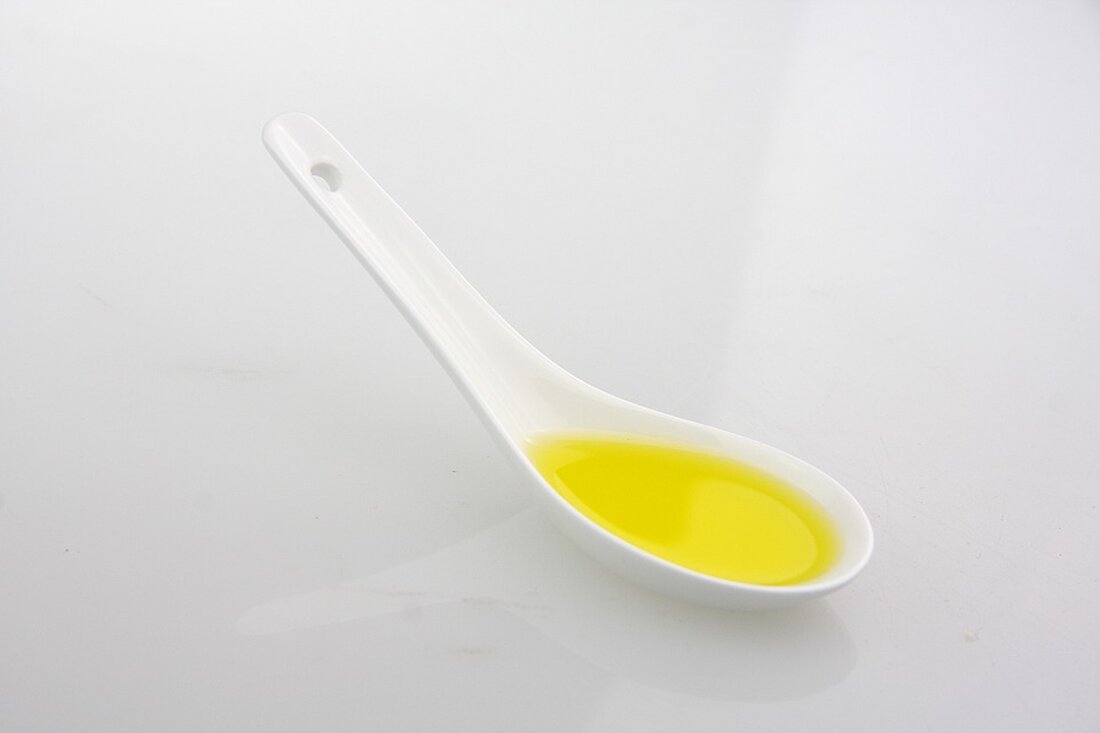Olive Oil: The Secret Superfood for a Healthy Heart!
Experts recommend seven high-quality olive oils that offer health-promoting properties and shine in Mediterranean cuisine.

Olive Oil: The Secret Superfood for a Healthy Heart!
Olive oil has established itself as an important component of Mediterranean cuisine and is very popular not only among chefs but also among health experts. Even though the positive image of olive oil has been supported by numerous studies in recent decades, the big question remains: What actually makes olive oil so healthy?
The secrets of olive oil lie in the way it is processed and the ingredients. The quality of the oil plays a crucial role. Above all, the quality class that is taken into account during production has a significant influence on the health benefits of olive oil.
Olive oil: health-promoting properties
The diverse positive effects of olive oil on health have been scientifically proven since the 1950s. It is said that regular consumption can reduce the risk of heart attacks and other cardiovascular diseases. Diseases such as dementia or diabetes also have fewer chances when drinking olive oil, which is repeatedly confirmed by various medical studies.
One of the first significant studies on heart health was the Seven Country Study, which began in 1958. This large-scale study included participants from seven different countries to determine risk factors for cardiovascular disease. The results clearly showed that people in Mediterranean regions suffered from such diseases significantly less often than northern Europeans.
A central aspect of the health-promoting properties of olive oil is the content of unsaturated fatty acids and polyphenols. Compounds such as oleuropein and hydroxytyrosol, which have antioxidant effects, are particularly highlighted. These antioxidants protect cells from free radicals and can therefore reduce the risk of cardiovascular disease and some types of cancer.
Recognize the quality of olive oil
Different grades of olive oil are approved in Germany, making it easier for consumers to find high-quality products. The “extra virgin olive oil” with the lowest free fatty acid content is considered the highest quality, followed by “virgin olive oil” and “ordinary olive oil,” which is a mixture. The higher the quality, the better the health benefits and taste.
Recently, Merum magazine conducted an extensive blind tasting to determine the best Italian olive oils of 2024. Experts tested a total of 307 products and created a list of 140 exclusive olive oils that are characterized by their high polyphenol content. Particularly recommended brands include Francesco Cillo, Olearia Schiralli and Terraliva olive oils.
These selected oils represent not only the diversity of taste, but also the health benefits that lie in high-quality olive oil. The assessment of their quality shows that not every olive oil available in German supermarkets meets the high standards that are important for health.
For a healthy diet, the cuisine with high-quality olive oils from the Mediterranean cuisine is particularly beneficial. The German Nutrition Society advises using olive oil in moderation as it is very high in calories. One tablespoon of olive oil contains about 10 grams, which should be included in the daily recommendations of 10 to 15 grams of oil.
So if you want to adapt your eating habits to the Mediterranean lifestyle, you could consider consuming more plant-based foods and fewer animal products. The time-honored diet as lived in rural areas of Crete shows how valuable olive oil can be in the daily diet. The balance between taste and health benefits plays a crucial role here.

 Suche
Suche
 Mein Konto
Mein Konto
